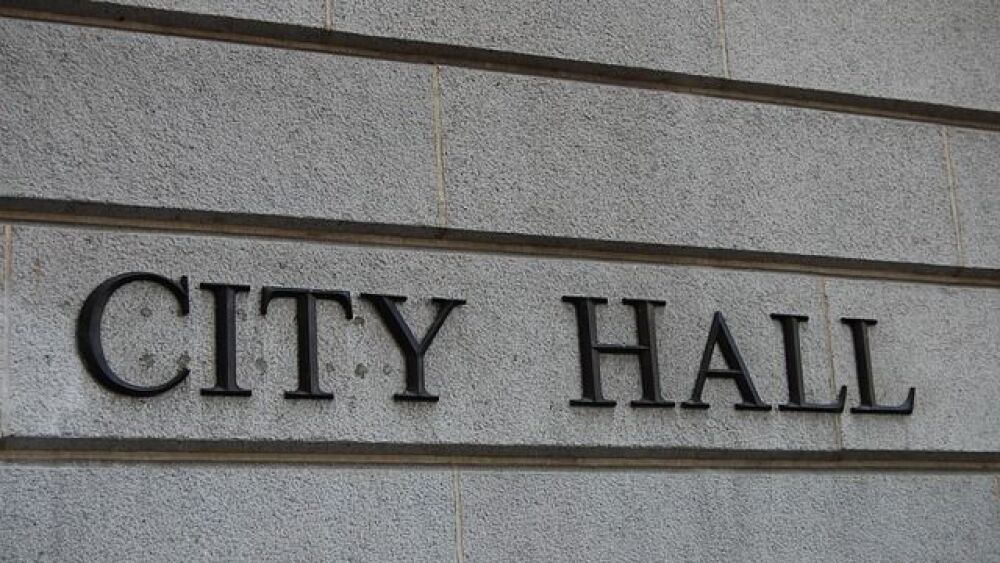By Mary Velan
Gov1
Daniel Rivera is a first-term mayor of Lawrence, Massachusetts, who is facing backlash from constituents who want him out of office. Rivera has not committed a crime or been caught in a scandal. Rather, Rivera is working to disrupt the pervasive cronyism he has seen throughout the city’s public agencies. The constituents vying for his recall, however, feel the mayor is implementing unilateral decision making and allowing politics to impact his hiring and firing of public employees.
State of Affairs in Lawrence
Lawrence is one of many New England cities that used to be centered around major factories and mills that have since closed their doors. The cities are left with rampant poverty and political turmoil that present extensive challenges to new mayors - who are left with limited resources to fix an unstable environment. The political chaos and struggling economies plaguing these communities is making them appear them unattractive to young professionals or businesses that may generate money, philanthropy and economic growth.
In Lawrence, recalls of first-term mayors has become commonplace as it is a tool used in political battles and typically leaves the community divided. With political tensions high, Lawrence officials have turned to cronyism when building teams of public workers to implement new policies and programs.
Rivera argues it is his job to undo some of the wrongs committed by previous mayors and leaders. Rivera has made it his mission to remove unqualified city workers that may have been hired based on their connections or political allegiances rather than their credentials. Opponents of this move argue Rivera is violating the city charter with many of the terminations and may leave the city vulnerable to costly lawsuits, The New York Times reported.
The Problem with Cronyism
Municipalities are tasked with an increasing number of public demands while seeing their budgets slashed and resources diminished. In order to do more with less, local governments must hire the most qualified workers to get the job done - with can be a difficult task when competing with a higher-paying private sector. When local governments are accused of cronyism, there is a perception that friends and associates of leaders receive special treatment or favoritism. Cronyism occurs within a network of insiders who confer favors on one another.
According to researchers at Santa Clara University, cronyism interferes with fairness in the public sector by giving undue advantage to someone unqualified for the treatment. Furthermore, cronyism has been found to undermine the common good by placing the responsibility of delivering public services in the hands of potentially inferior managers. Finally, cronyism is often accomplished behind closed doors, which means the practice undercuts the local government transparency in hiring and contracting processes.
While cronyism - under different names - is often accepted as part of how the system works, it can create serious problems in local governments. In the case of Lawrence, a history of cronyism has left political leanings and loyalties as the main determinants of who is in charge of public services. Cronyism can cause divisions in the community, which only fuels further political distrust and unrest. As a result, residents may lose faith in the integrity of government and new leaders will struggle to get anything accomplished.
The National Conference of State Legislatures reported 19 state legislatures have found the practice of nepotism problematic and have enacted laws against it. Other municipalities implemented laws restricting the hiring of relatives and friends through conflict-of-interest rules.
While favoritism and cronyism has a direct impact on hiring and contracting practices, there is a long-term effect on influence. City leaders may find themselves listening to a small group of like-minded individuals when making major decisions, rather than casting a wide net to understand the wants and needs of the general population. Researchers recommend local officials make an extra effort to hear all sides of an argument before making a decision. This may require lawmakers to change their patterns of socializing to include a more diverse set of opinions and arguments.


